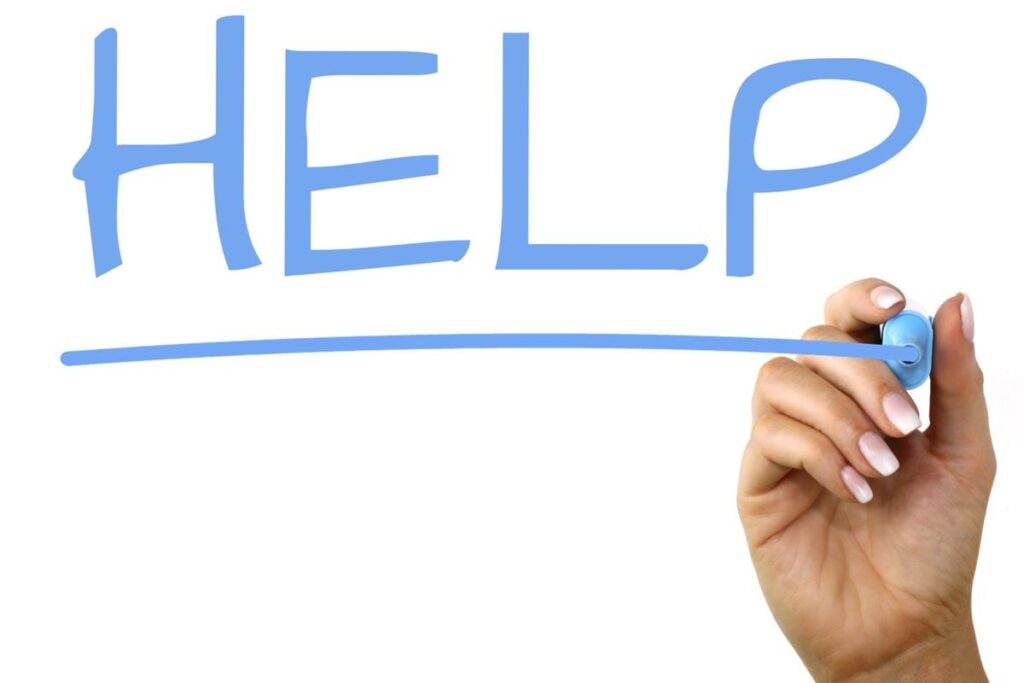
You may be thinking, “I’ve managed this long. Do I really need to see a therapist?”
Mental health is tricky because it is invisible; that is, it can sometimes disguise itself as headaches, exhaustion or other physical ailments. This can be especially hard to determine if we are dealing with issues that have been present for a long time. In fact, we may have been raised to believe it is weakness when we cannot “handle” the difficult times that occur through our lives, however, deciding to see a therapist does not mean that we are “broken” or that we have “failed”. Sometimes we just need help—and that’s ok. Maintaining mental health is a part of self-care, and seeing a therapist to get help is not only responsible, but is freeing because you are not doing this alone.
1. Regular coping strategies are no longer enough.
As human beings, we do not exist in a bubble. Actually we are creatures that respond to our environment. Discrimination, financial insecurity, or uncertainty about the future are among the few issues we can face every day, and a global pandemic has only made it worse. Maybe something traumatic has happened recently, or you have experienced the loss of a loved one or something that was once a core part of your identity. When you see a therapist, you can learn the skills you need to reduce depressive and anxiety symptoms or for more effective stress management.

2. You have been feeling stuck in life for a long time.
Whether it has been a few weeks, months or years, sometimes negative feelings stick with us for a while. Whether you have been feeling stuck in a relationship, in a marriage, in your job, or in the past, you may feel angry, anxious, or sad most of time. In fact, it does not feel like “you” when those feelings surface. Perhaps you are struggling to connect and communicate with those who are close to you. This does not have to be normal! We can become accustomed to believing that our circumstances and behaviors are fixed. The foundation of therapy centers on you believing that you are capable of change and that you can grow. So use it as an opportunity to find a way to be a better you.
3. It is interfering with your daily activities.
Not taking care of your mental health can have negative effects on your day-to-day livelihood. For example, you may be having trouble sleeping at night or you may stop communicating with your friends and family. Sometimes, it makes it difficult to concentrate or get any work done. As a matter of fact, illness and injury can affect us in similar ways, but we usually take medicine, rest or see a doctor. Your mental health needs just as much support. In other words, psychotherapy can become a part of your self-care routine. Think of it as way of taking care of your mind so that you can continue to experience life in a way that fulfills you.
4. You have developed unhealthy ways to cope.
When life gets tough, we try to find quick and easy ways to make ourselves feel better and get through the day. But not all methods we choose to cope are good for us. Isolation from our family and friends is a typical coping strategy. We may avoid going to work or school because it gives us too much anxiety. In particular, self-harm or over reliance on alcohol and drugs as a coping mechanism are causes for concern. We may even seek to be around others who encourage our negative behaviors. When you see a therapist, it offers a way to learn more healthy ways to cope with our problems. Developing more positive habits further strengthens our mental fortitude so that we can better face daily challenges.
5. You need a different kind of support system.
It is great to have family members or a friend you can confide in. Usually they are the first people to know our troubles and our secrets. Sometimes family and friends are too close to the problems that affect us. Understandably we may be afraid to show the people closest to us how we feel because we want their approval. Advice, though well intentioned, can leave you feeling empty. Guidance and planning from a professional can help provide you with the steps you need to maintain your own mental health. That is why you may need someone with an outside perspective. Seeing a therapist not only helps you to get an objective assessment of your struggles, but assists you to get the support you need for your well-being.
See a Therapist in our Practice in New York
If you find yourself or someone you care about experiencing any of the above signs, or you have any questions about psychotherapy, call us free for 15 minutes to schedule an online teletherapy appointment with our psychotherapists in New York, NY. We provide psychotherapy in Chinese, Korean, and English. Let us help you take those first steps to better your mental health.
Special thanks to the contribution of Nicole O’Brien
